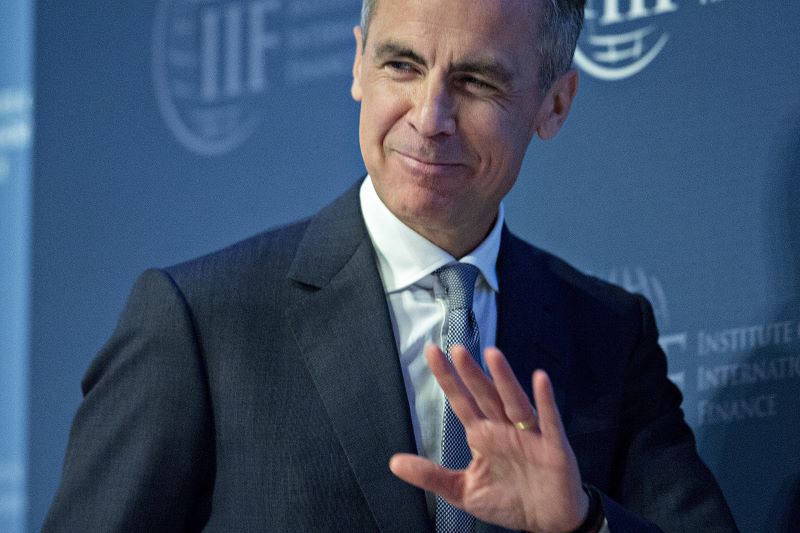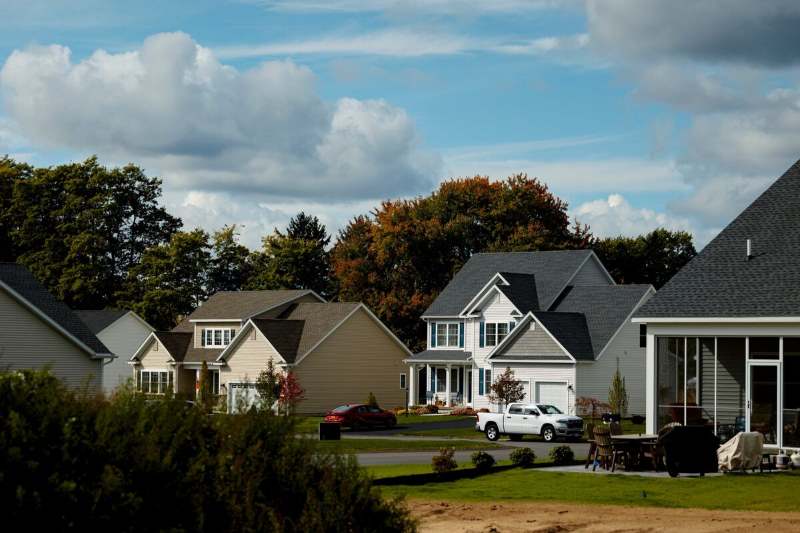Real Estate
Mortgage Rates Rise for Second Consecutive Week in the U.S.
Mortgage rates in the United States have risen for the second week in a row. The average rate for 30-year loans climbed to 6.86%, up from 6.81% the previous week, according to Freddie Mac on Thursday. This upward trend reflects ongoing pressure on financing costs for homebuyers.
High Rates and Economic Fears Weigh on Demand
Rising borrowing costs, combined with growing economic uncertainty, are discouraging potential buyers. While housing inventory continues to grow, many consumers are choosing not to finalize purchases in this volatile environment. In April, about 56,000 home purchase contracts were canceled, representing 14% of all initiated transactions that month, according to Redfin Corp.
Second-Highest Cancellation Rate Since 2017
The cancellation rate recorded in April is the second highest since this type of data started being tracked in 2017. This indicator signals increasing hesitation among buyers, who are reluctant to commit to long-term mortgage payments under adverse financial conditions.
Existing-Home Sales Decline
Sales of previously owned homes fell to their slowest pace in seven months, the National Association of Realtors reported on Thursday. Additionally, it was the weakest April since 2009, highlighting persistent challenges in the housing market.

Trump Will Not Add Canada Greenland or Panama to U.S. Territory Carney Says
Trump’s territorial plans: Mark Carney, Canada’s newly elected Prime Minister, has strongly rejected U.S…
Moody’s Downgrades U.S. Credit Outlook
Last week, Moody’s Ratings downgraded the U.S. credit outlook, prompting a jump in 10-year Treasury yields. This reaction reflects market concerns about the country’s fiscal sustainability.
Trump Tax Reform Uncertainty Pushes Yields Higher
Additional fears about the fiscal impact of former President Donald Trump’s proposed tax reforms have also driven bond yields higher. This pressure has further increased borrowing costs for homebuyers.
Bond-Mortgage Rate Link Deepens the Challenge
“Rising concerns over tariffs and ballooning federal debt have led investors to question whether U.S. Treasury bonds remain a safe haven,” explained Jiayi Xu, economist at Realtor.com. “Since mortgage rates are directly tied to Treasury yields, the recent spike has significantly raised financing costs for buyers.”


